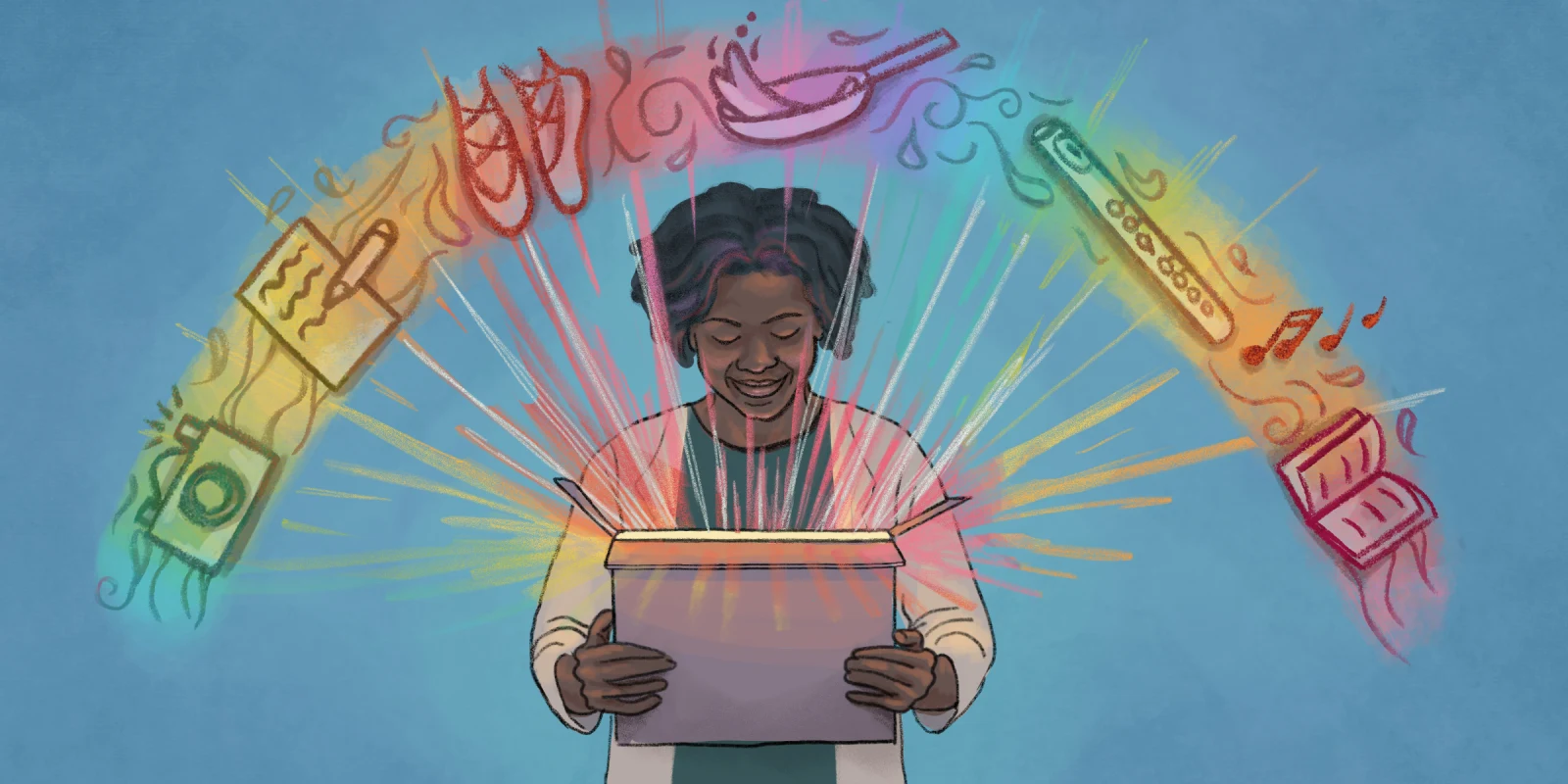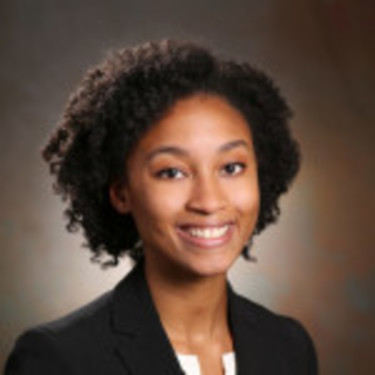Who were you before you were a doctor? A painter, a poet, a ballerina, perhaps? In the height of your childhood joy, what did you love? Before you decided you wanted to save lives, what gave you life? When our health fades and years lengthen, the joys that permeated our youth will remain. If/when we can’t be physicians any longer, who will we be? What will we do?
Many of us picked up our stethoscopes and tucked our beloved childhood hobbies and interests away, never to be picked up again — or perhaps to be rediscovered in a flurry of inspiration, or desperation.
Recently, as I was transitioning to a different job, I had time to think, to breathe. And with the breaths, I remembered myself. I remembered one of my first loves, the flute. I remembered how breath turned into music and the cares and concerns of life were temporarily forgotten — breath, lungs, and fingers transforming the events of the day and the worries of my mind into beauty.
During this unexpected break, the analytical side of me met the submerged artist, and I also remembered my love of words, of writing, of transforming my thoughts into prose. I took a leap of faith and started writing again and looking for opportunities to get my voice out there. I was excited to learn I’d been chosen as a Doximity fellow, and apart from journaling, I had a new way to exercise my writing muscles. Additionally, I found an instrument repair shop and took my dusty flute in to get some much needed TLC after years of neglect. These days, as I play her, I am transported into a nostalgic joy, and I feel like I’m finding my non-physician self again.
I have been inspired by some of my clinician friends and colleagues who have found their own ways of rediscovering their joy and long-lost hobbies. Some are learning a new language; others are traveling to those places that they’ve wanted to go to for so long; still others are buying new cookbooks or taking classes to improve their culinary skills. Some of these people have transitioned into mixed careers, side careers, or even alternative careers.
Personally, I haven’t transitioned away from medicine to an alternative career, or even tacked on a side gig, but I have learned to put more time into my hobbies. I am so thankful to have the privilege of practicing medicine, yet I am also grateful for the process I’ve started of rediscovering who I was before I made the arduous journey to becoming a physician. There is a deep joy to be found in practicing medicine and helping people; there is also a deep joy to be found in making time to care for and nurture ourselves. I like to think that making time for hobbies that give me joy also helps me to be a better physician, as I build resiliency and create a more balanced life. The more I engage in my own hobbies, the more I find myself being intentional about encouraging my patients to be involved in well-being-enhancing hobbies as well.
Though having hobbies is wonderful in theory, a difficult reality is that clinicians are extremely busy people, especially those of us who have other commitments like taking care of loved ones or parenting children. Obviously, one can’t be a full-time ballerina, a full-time parent, and a full-time surgeon, but one way to make it work in practice is by starting small. If being a ballerina isn’t in the cards any longer, maybe scratch the itch by attending a ballet a few times a year. Or, if you’re a writer, try drafting the first chapter of that novel you’ve been thinking about writing for so long, or entering a writing contest. Similarly, if you’re someone who’d like to get back into leisurely reading, make sure you always have a book with you wherever you are, so that you can pull it out when you’re sitting in a waiting room for a doctor’s appointment or riding public transportation. Sometimes a little accountability helps keep us motivated and on track as well, so I recommend including others in your pursuits: for example, joining a Facebook group for clinicians with similar hobbies/interests, asking a friend to accompany you on your next adventure, or taking a group class that meets regularly. This way you’re not just working on your own hobbies, you’re creating a space for others to engage in hobbies as well.
Be intentional. Rediscover your creativity. Rediscover yourself. Whatever you do, start somewhere. Joy is waiting.
What forgotten hobbies await you? Comment below.
Dr. Mallory Grove is a psychiatrist in Seattle, WA. In her spare time, you can find her enjoying time with her family, thrifting, adding to her houseplant collection, baking, playing her flute, or learning to sew. Dr. Grove is a 2023–2024 Doximity Op-Med Fellow.
Illustration by Diana Connolly







